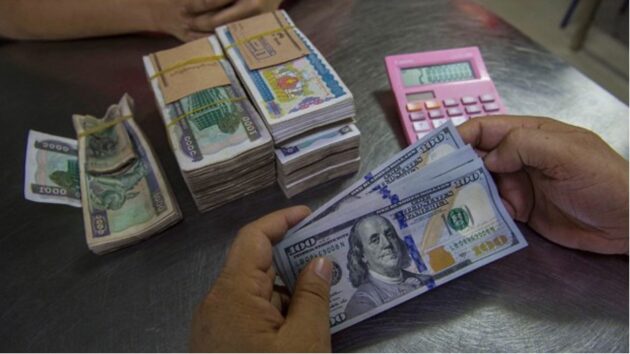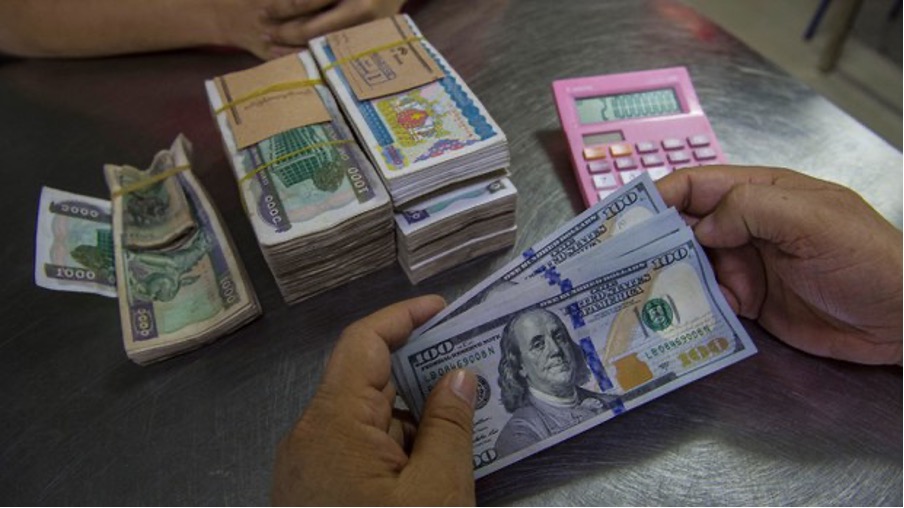19th September 2021
There have been a number of incidents by rebels in Myanmar with infrastructure damage designed to hurt the junta members financially being at the forefront of their activities. Monywa in the Sagaing region was the centre of much of this activity. The Monywa office of Mytel, the telecoms company partially owned by the military was bombed. They also destroyed one of two Mytel masts in Monywa. In the weeks leading up to this bombing, over 80 Mytel masts throughout the country had been destroyed.
To compound the difficulties for the junta, the Monywa distribution centre for the Myanmar beer company was bombed. This is one of seven centres throughout the country. Myanmar breweries are owned by the junta. These actions are targeted at the commercial operations of the military and are beginning to slowly degrade the economic activities of the junta and reduce the cash flow into the coffers of the military. The military has even been forced to increase their illegal activity of logging and selling teak over the border into China. They are also investigating selling the freehold of their embassies where local laws allow it.

This economic decline is evidenced by the Myanmar Kyat depreciating to its lowest ever exchange rate gainst the US Dollar. On February 1st, the day of the coup the Kyat stood at 1,330 to the dollar. It is now 2,200 MMK to the USD.
Gold has appreciated in value in direct proportion to the decline in the Kyat.
The price of groceries is skyrocketing with the cost of coffee rising by 50 per cent, while prices for condensed milk, cooking oil, and rice have doubled.
Soe Tun, a businessman in Yangon, said the rise in commodity prices was the result of a twinned depreciation of the kyat and the appreciation of the dollar.
“A lot of people have been facing a hard time in the past few months—many have lost their jobs due to political instability and the COVID-19 outbreak,” he said.
“Unemployment is quite high. People have no income, but the prices of consumer goods has risen. Almost all medicines have had to be imported and paid for in U.S. dollars during the coronavirus pandemic and, as the U.S. dollar appreciates, everything costs more.”
The Central Bank, which is trying to meet foreign exchange demands, issued a decree on Sept. 3, ordering local banks to sell their unused foreign currency to export banks at market prices within four months.
The depreciation of the kyat and soaring demand for U.S. dollars follows a World Bank report released at the end of July which said that the twin impacts of the military takeover and coronavirus pandemic could double the poverty rate in Myanmar, and suggested the economy is headed for a recession.
The Bank estimates that Myanmar’s economy will shrink by 18 percent between October 2020 and September 2021, pointing to domestic protests, labor shortages, telecommunications shutdowns, and a failing health sector as having the greatest impact.
Last month, a group of independent financial experts described the junta’s mismanagement of the country as “catastrophic,” and said it could spark a banking crisis.
Earlier this week, the shadow National Unity Government (NUG) estimated that the junta has lost some 2 trillion kyats (U.S. $1 billion) in revenue from its military-operated power company since February amid a widespread public boycott of the paying of electricity bills.
The junta’s Ministry of Electricity and Energy has acknowledged that it has had to purchase power from privately owned power plants to make up for shortfalls and warned that it would only be able to supply electricity to the country if the government can earn enough revenue.
Joshua Kurlantzick, an expert on Southeast Asia with the Council on Foreign Relations, noted in an article Thursday that while prior to the pandemic, Myanmar’s economy was on track to expand by an additional six percent in 2019–20, the economy is now “imploding.”
“Many banks have little cash and many multinational companies have left Myanmar as trade relations have soured between leading democracies and the country,” he wrote, adding that the country had lost 1.2 million jobs in the second quarter of 2021.
He called for “rapid, concerted action, given the suffering inside Myanmar and the risks it poses to the world,” pointed to warnings by international experts that rising infections, population flight, and misgovernance threaten the country’s neighbours.
Zaw Pe Win, an economist in Yangon, told RFA that the junta must act to shore up the value of the kyat, or risk total collapse.
“The authorities are printing currency notes without any guarantees. The economic outlook is not optimistic and so domestic commodity prices will surely go up,” he said.
Source Radio Free Asia 17th September 2021.
Whilst I try to resist the temptation to forecast what the future holds for Myanmar, I can say with confidence that all the social and economic indicators are in place for a humanitarian disaster of epic proportions.
Please share this article so that others can discover The BFD

